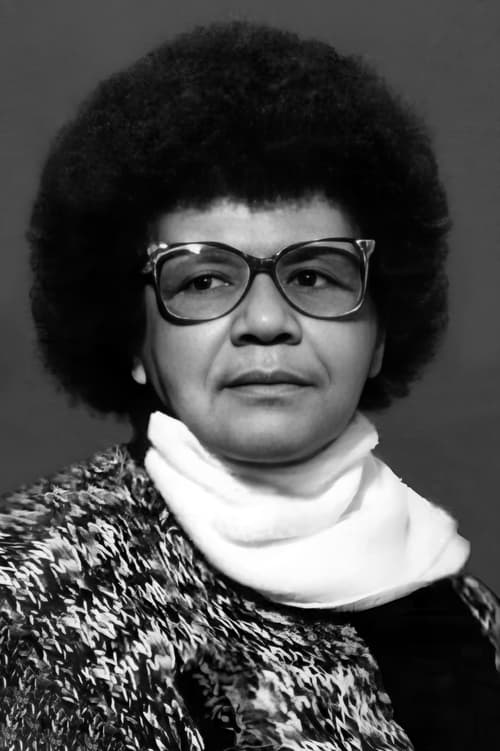
Sarah Maldoror (in Arabic: سارة مالدورور), whose real name was Marguerite Sarah Ducados, was a French filmmaker and director, born on July 19, 1929 in Condom (Gers) and died on April 13, 2020 in Fontenay-lès-Briis (Essonne). Her cinema is poetic but also political and committed. She is considered a leading figure in African cinema and the first female director on the continent. Born to a Guadelou...
Explore all movies appearances
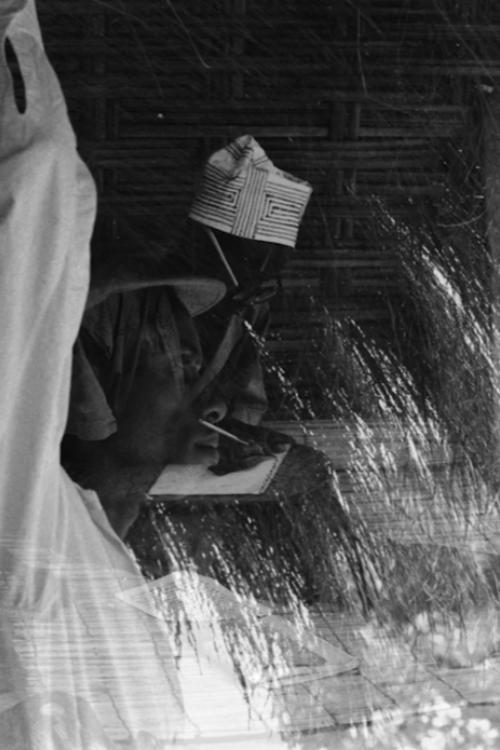
Originally an analog slide show made for two projectors, this work recounts the making of Sarah Maldoror's lost and surely never-to-be-seen first film Guns for Banta.
![Afrique[s], une autre histoire du XXème siècle - Acte 1](/placeholder.png)
No plot available for this movie.
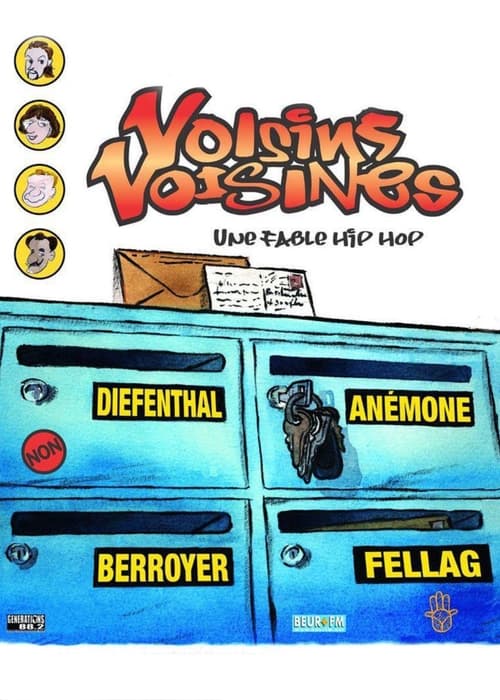
The Mozart Residence is home to several "new owners" of all origins: a new concierge, Paco, of Spanish origin, who has just been released from prison, arrives at the residence. Around it, the hall and the mailboxes, the "ballet" of the Residence Mozart is organized.
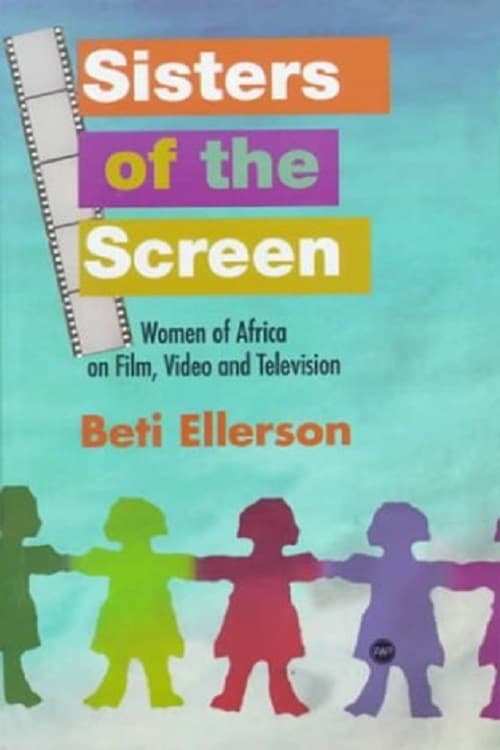
Exploring the extraordinary contributions of women filmmakers from Africa and the diaspora, Beti Ellerson’s engaging debut intersperses interviews with such acclaimed women directors as Safi Faye, Sarah Maldoror, Anne Mungai, Fanta Régina Nacro and Ngozi Onwurah with footage from their seminal work. With power and nuance, Ellerson also confronts the thorny question of cultural authenticity by revisiting the legendary 1991 FESPACO (Pan-African Festival of Cinema and Television of Ouagadougou), in which diasporian women were asked to leave a meeting intended for African woman only. This film is both a valuable anthology and a fitting homage to the pioneers and new talents of African cinema.
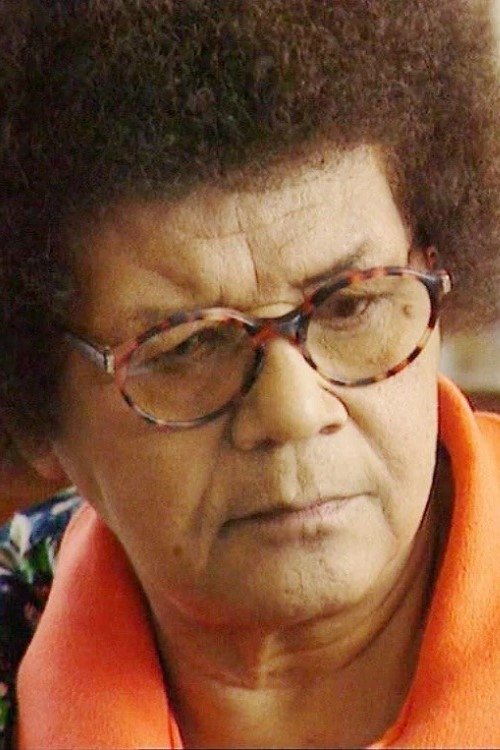
Sarah Maldoror ou la nostalgie de l'utopie is a Togolese short documentary film directed by Anne-Laure Folly. It was released in 1999. The film is a tribute to Sarah Maldoror of Guadeloupe, who made the classic film Sambizanga (1972). The film documents the constant political struggle in all her work for liberty, her affirmation of her négritude to the world, and her campaign for recognition of black poets.
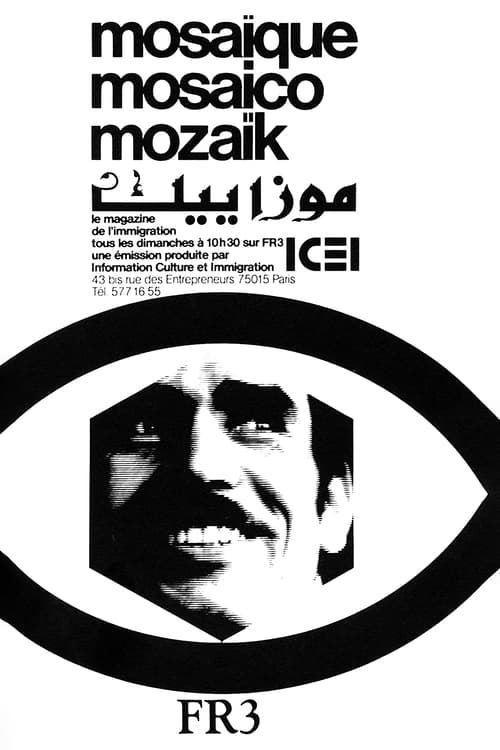
Broadcast from 1977 to 1987 on FR3, every Sunday morning, for 1h30, Mosaïque is a variety show with a set where music groups from the countries of origin of immigration perform, and which broadcasts reports on these countries and on immigrants who live in France. When it was created, it aimed to promote the cultures of origin of immigrants, but also to make them better known to the rest of the population. However, the program was never financed by public television which considers that it was aimed at a specific audience and was therefore not part of a public service mission. It received financial support from the Ministry of Labor, through its subsidy to the National Office for the Cultural Promotion of Immigrants, ONPCI (later becoming Information Culture and Immigration, ICEI, in 1977, then Agency for the Development of Intercultural Relations , ADRI). , in 1982).
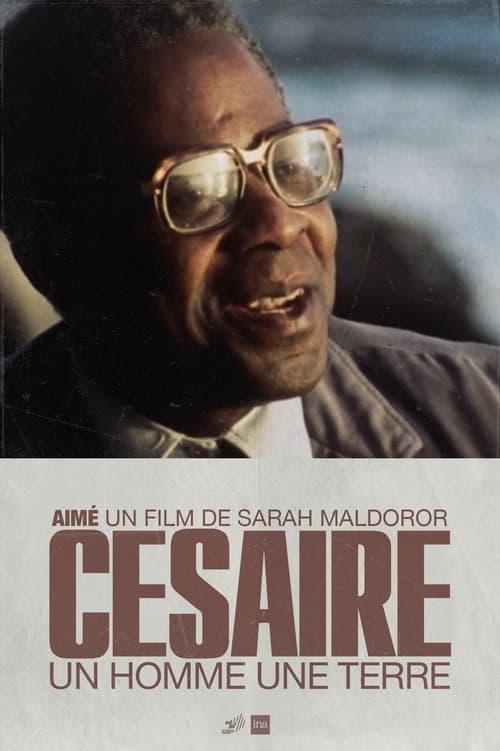
Alternating interview segments, shots of Martinique landscapes and scenes from Aimé Césaire's play La Tragédie du roi Christophe (1963), Sarah Maldoror portrays her friend as a politician, a poet, and a founder of the Négritude movement.
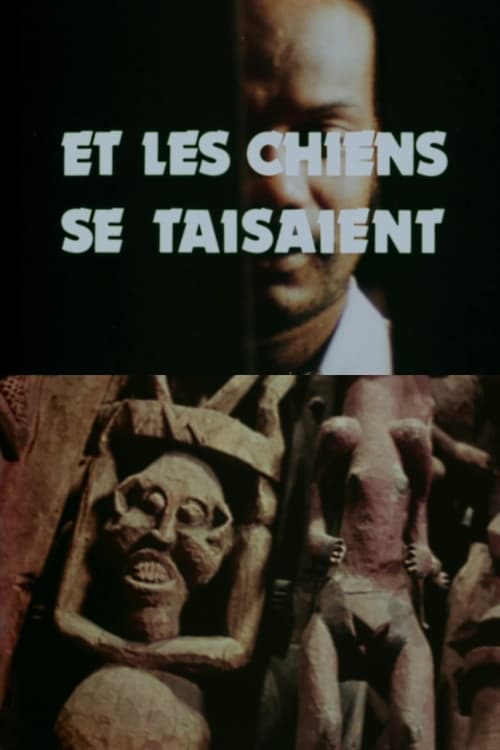
For 'Et les chiens se taisaient' Maldoror adapted a piece of theatre by the poet and politician Aimé Césaire (1913–2008), about a rebel who becomes profoundly aware of his otherness when condemned to death. His existential dialogue with his mother reverberates around the African sculptures on display at the Musée de l'Homme, a Parisian museum full of colonial plunder whose director was the Surrealist anthropologist Michel Leiris.
Subscribe for exclusive insights on movies, TV shows, and games! Get top picks, fascinating facts, in-depth analysis, and more delivered straight to your inbox.